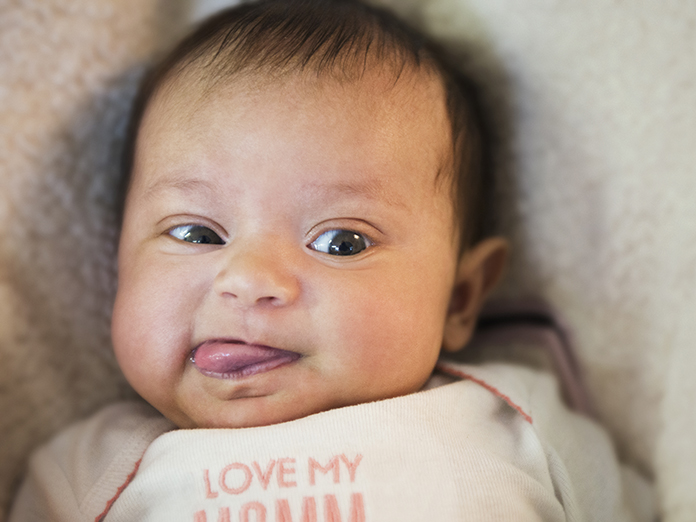Links to various Aetna Better Health and non-Aetna Better Health sites are provided for your convenience. Aetna Better Health is not responsible or liable for non-Aetna Better Health content accuracy or privacy practices of linked sites or for products or services described on these sites.
What is autism?

What is autism?
Autism, or autism spectrum disorder (ASD) refers to a wide range of developmental conditions. It can be described as challenges with:
Social skills
Repeated behaviors
Speech
Nonverbal (unspoken) communication
Autism is a spectrum disorder, so each person with autism has a unique set of strengths and challenges. The ways in which people with autism learn, think and problem-solve can range from highly skilled to severely challenged. Some people with autism may need a lot of support in their daily lives, while others may need less support. In some cases, they can live alone and take care of themselves.
What are the symptoms?
What are the symptoms?
People with autism are born with it and their symptoms usually begin in the first couple of years of life.
The age of diagnosis and severity of early signs differ for each child. Some babies show hints in their first months. In others, behaviors can show as late as age 2 or 3.
Not all children with autism show all the signs. Many children who don’t have autism show a few. These children should be screened by a specialist.

By 6 months
Few or no big smiles or other warm, joyful and engaging expressions
Little or no eye contact
By 9 months
Little or no back-and-forth sharing of sounds, smiles or other facial expressions
By 12 months
Little or no babbling
Little or no back-and-forth gestures such as pointing, showing, reaching or waving
Little or no response to name
By 16 months
Very few or no words spoken
By 24 months
Very few or no meaningful, two-word phrases (not including imitating or repeating)
Loss of speech, babbling or social skills
Not making eye contact
Constant desire to spend time alone
Trouble understanding other people’s feelings
Delayed speaking or language development
Constant repetition of words or phrases
Trouble handling minor changes in routine or surroundings
Limited interests or intense focus on a single hobby or topic
Repetitive behaviors and movements (flapping, rocking, spinning, etc.)
Unusual and intense reactions to sounds, smells, tastes, textures, lights and/or colors
Experts aren’t sure what causes autism. It may have something to do with DNA (the genes passed down from parents). Or other things, like infections or toxins that change the way the brain develops. Problems during pregnancy and around the time of birth can increase the chances of the child having autism.
Doctors check babies and little kids for signs of autism at each checkup visit. A parent may think that something is wrong and tell the doctor. Maybe the child is old enough to speak but doesn't. Or a kid doesn't seem to enjoy people or play in typical ways.
If the doctor suspects autism, a team of experts will screen the child. The team may include:
Doctors
A psychologist
A special education teacher
There is no cure for autism, but treatment can make a big difference. The sooner treatment starts, the better. With therapy, people with autism learn language, improve in school and build social skills. Many kids with autism are in special education classes or get special education services.
A treatment program might include:
Speech therapy to help with talking and language skills
Occupational therapy to help with everyday tasks, like dressing and playing
Behavioral therapy to help improve behavior
Social skills training to help with relating to others
Special education to help with learning
Medicine to help with things like sleep, paying attention and hyperactivity



